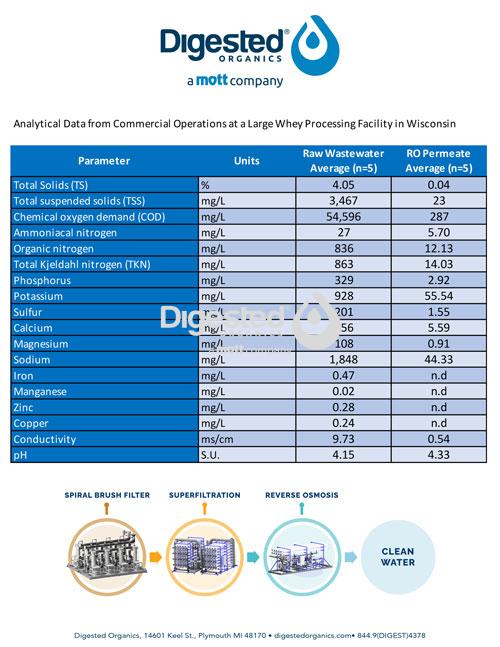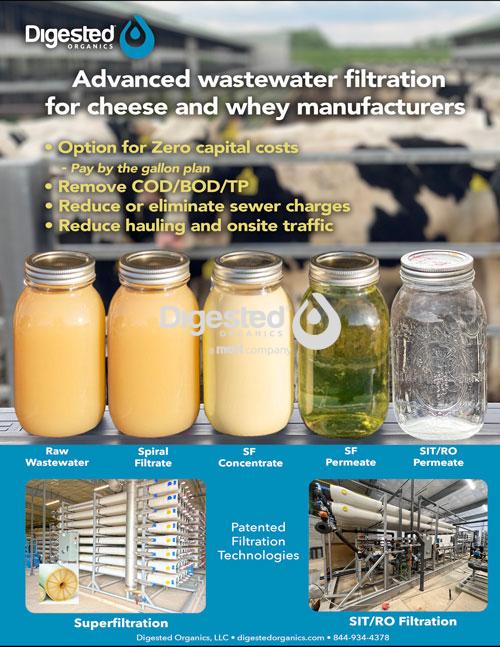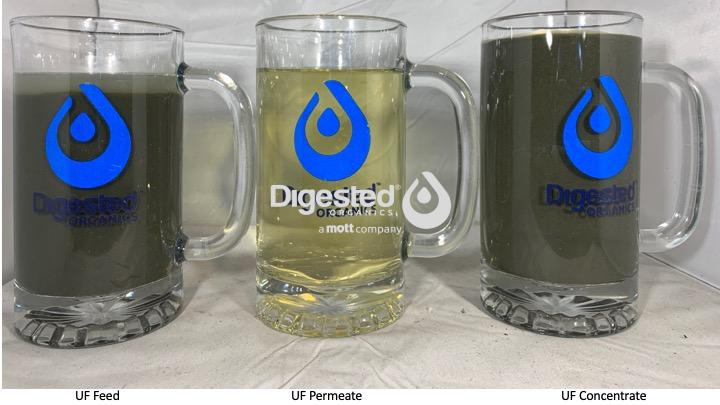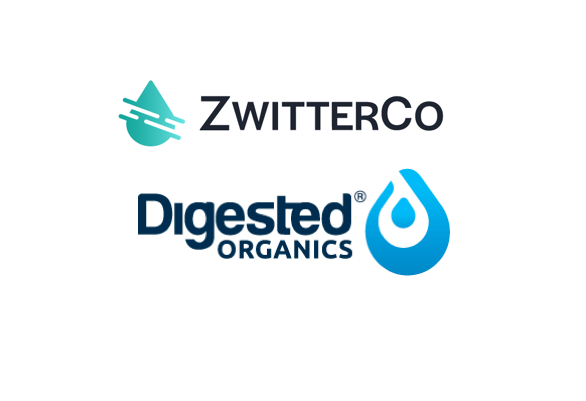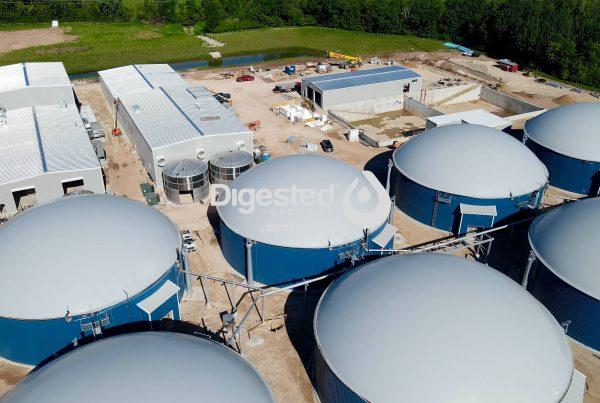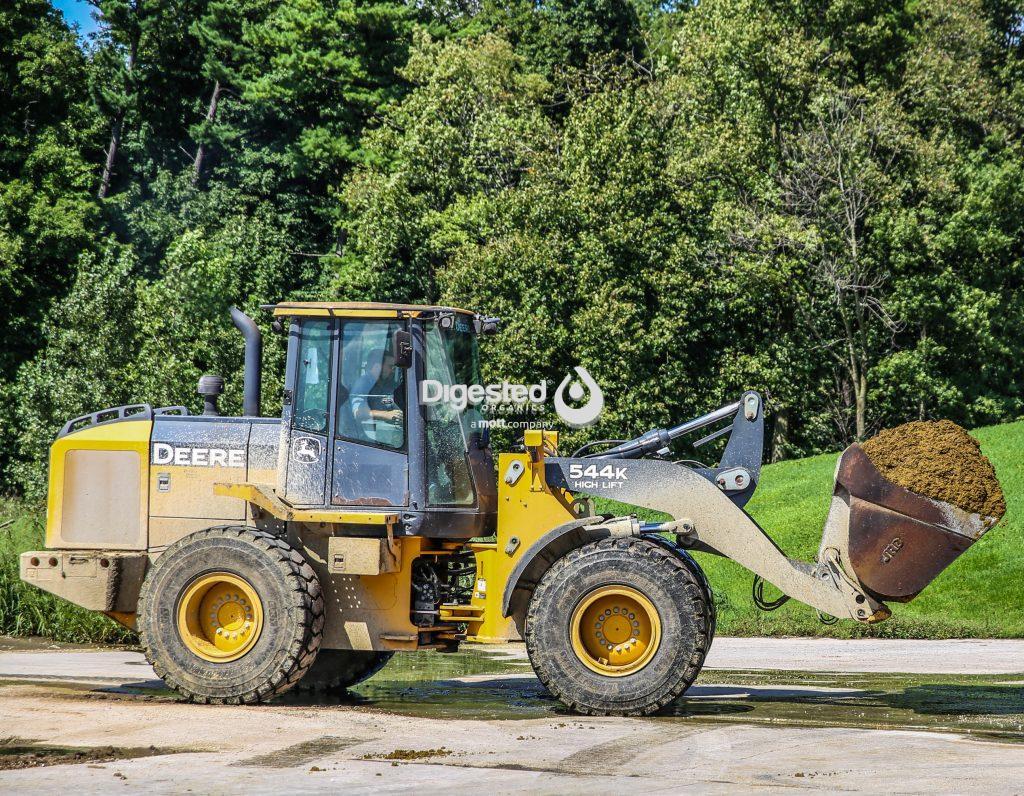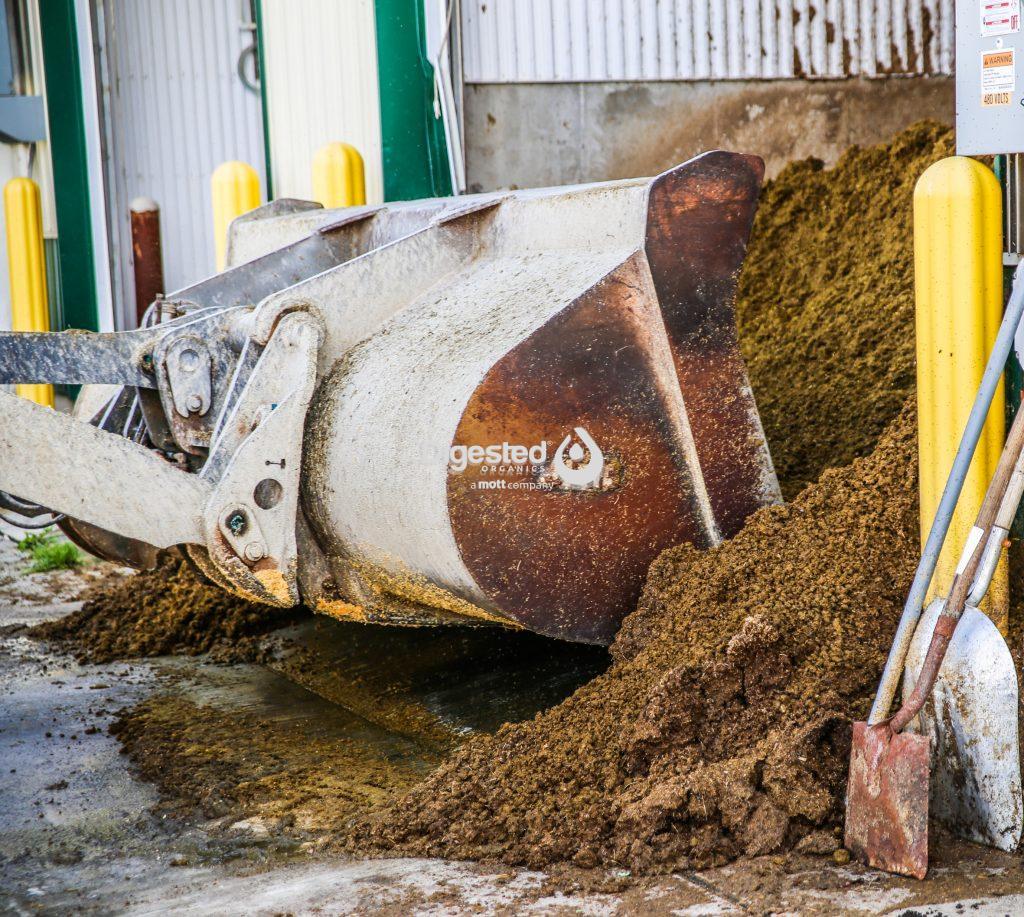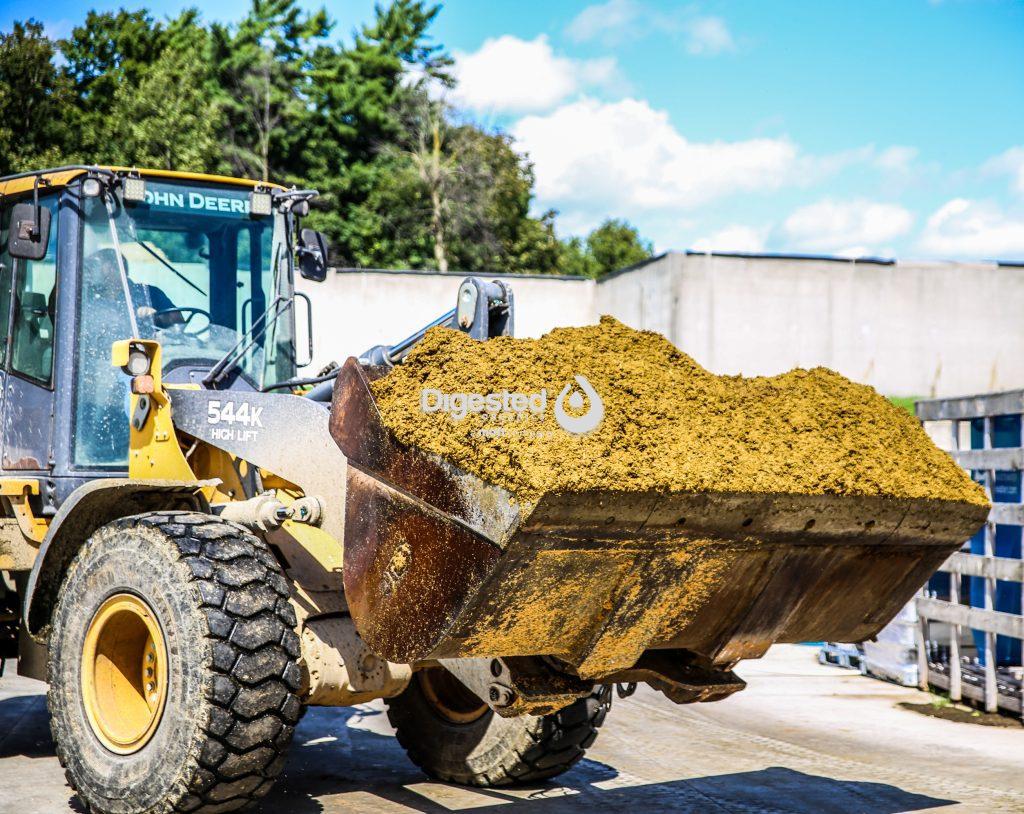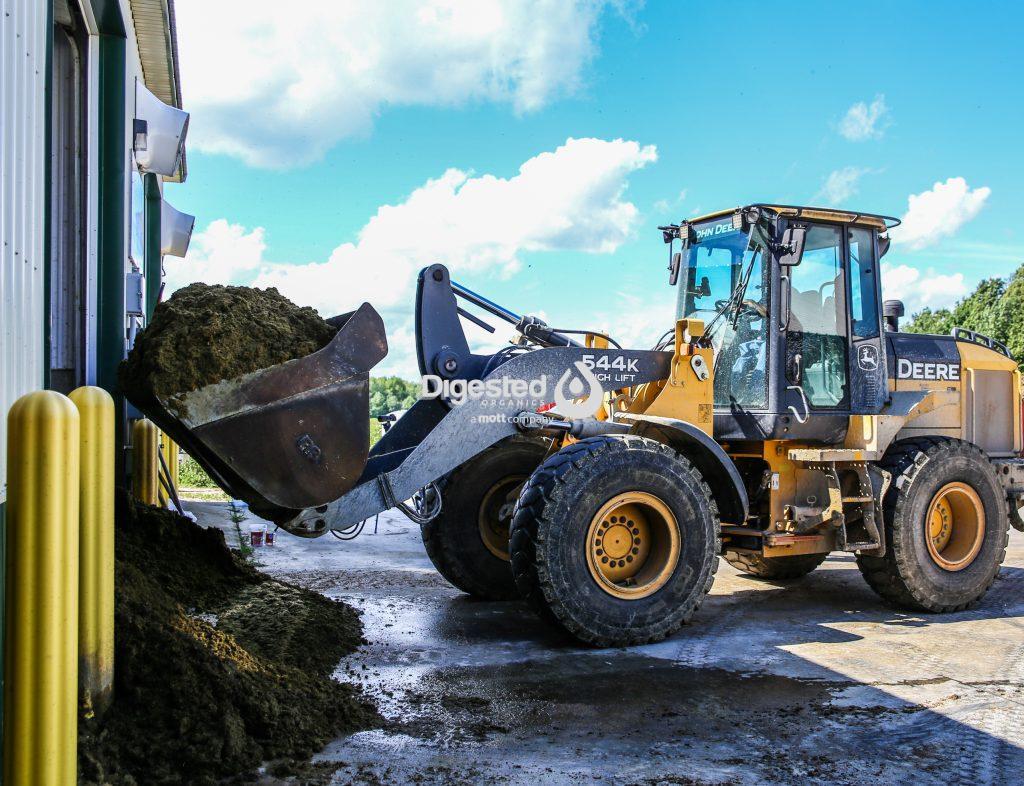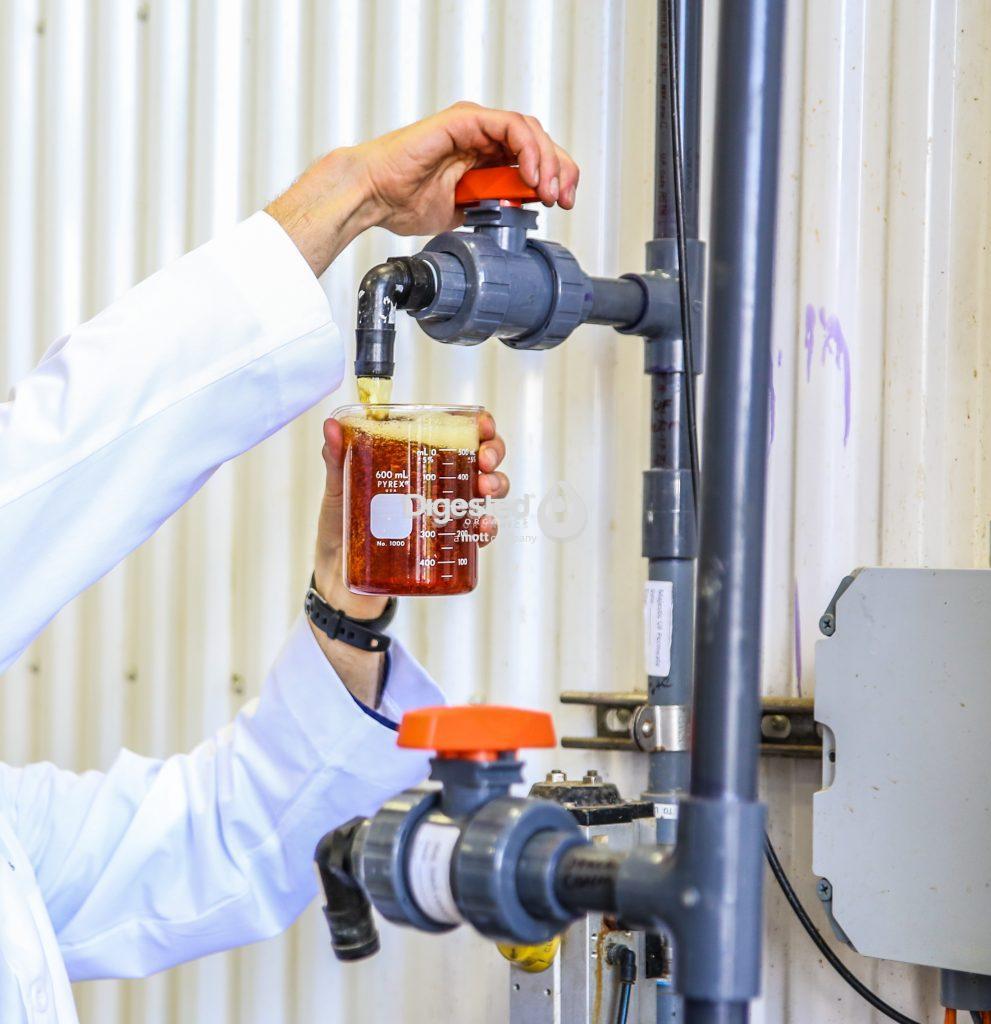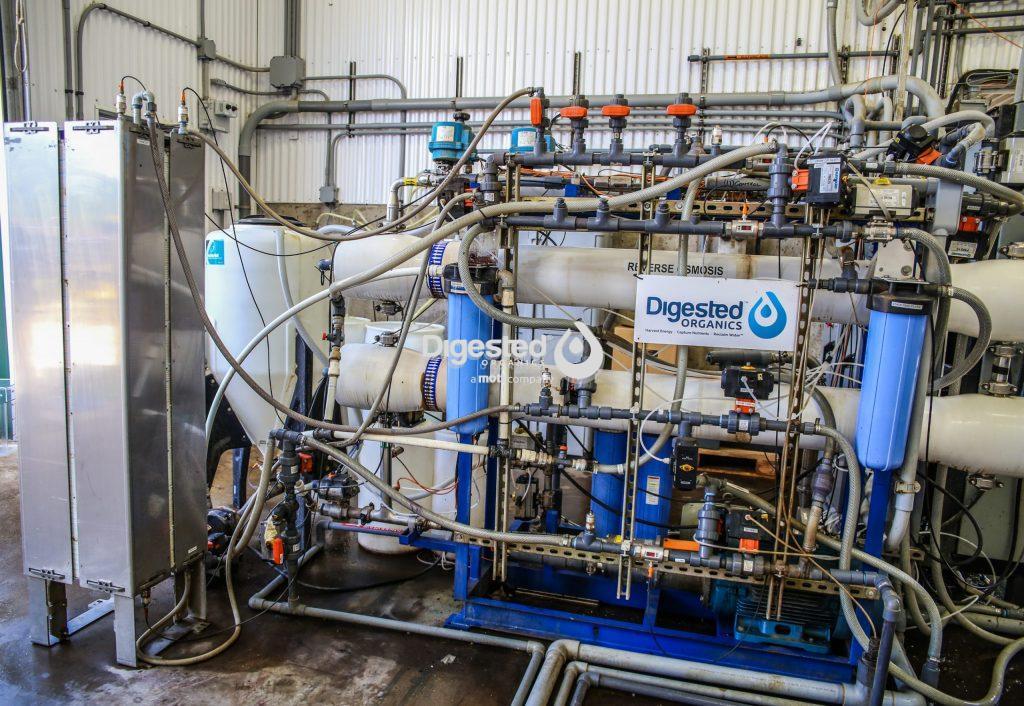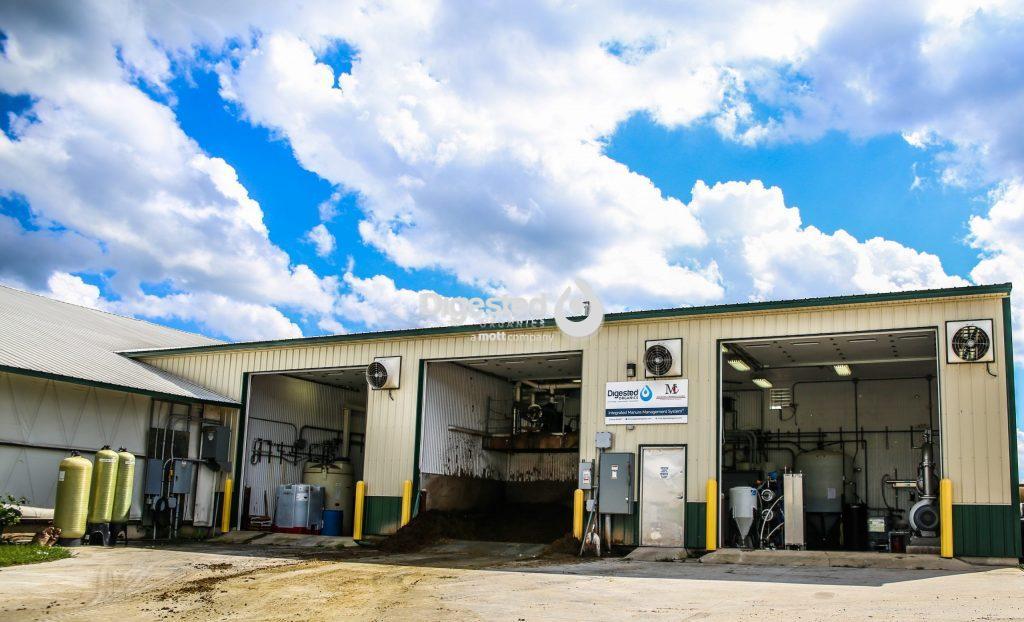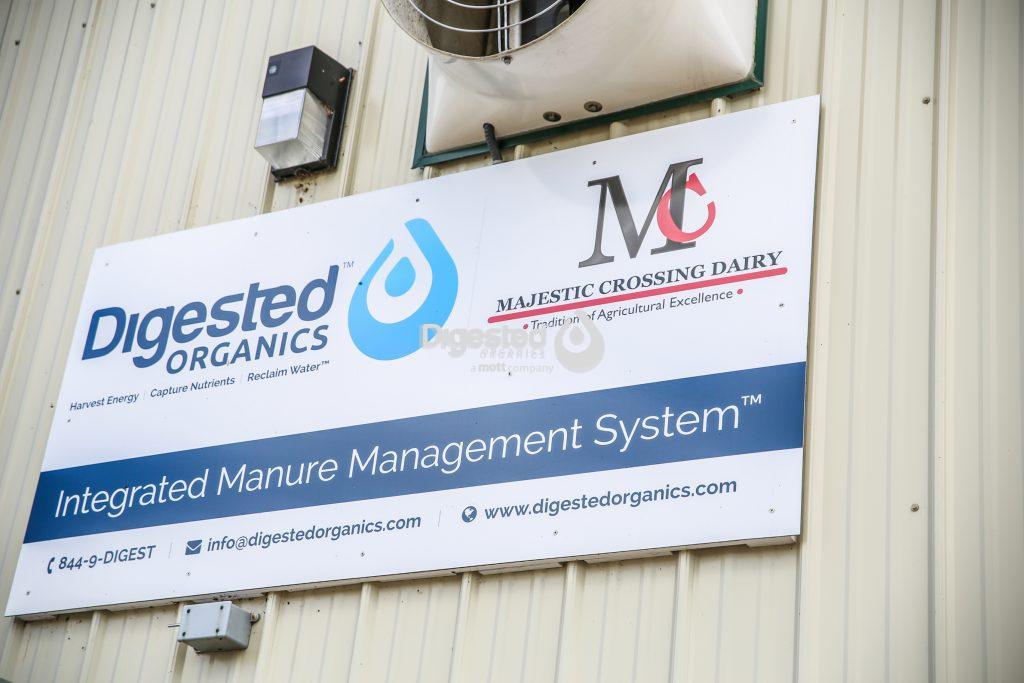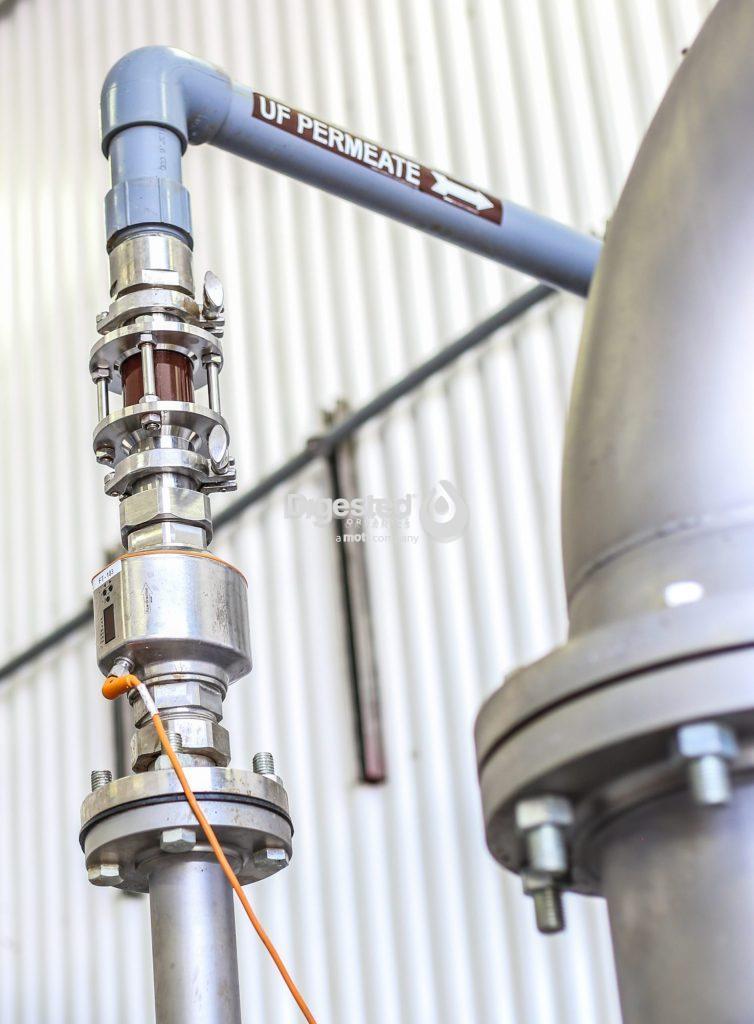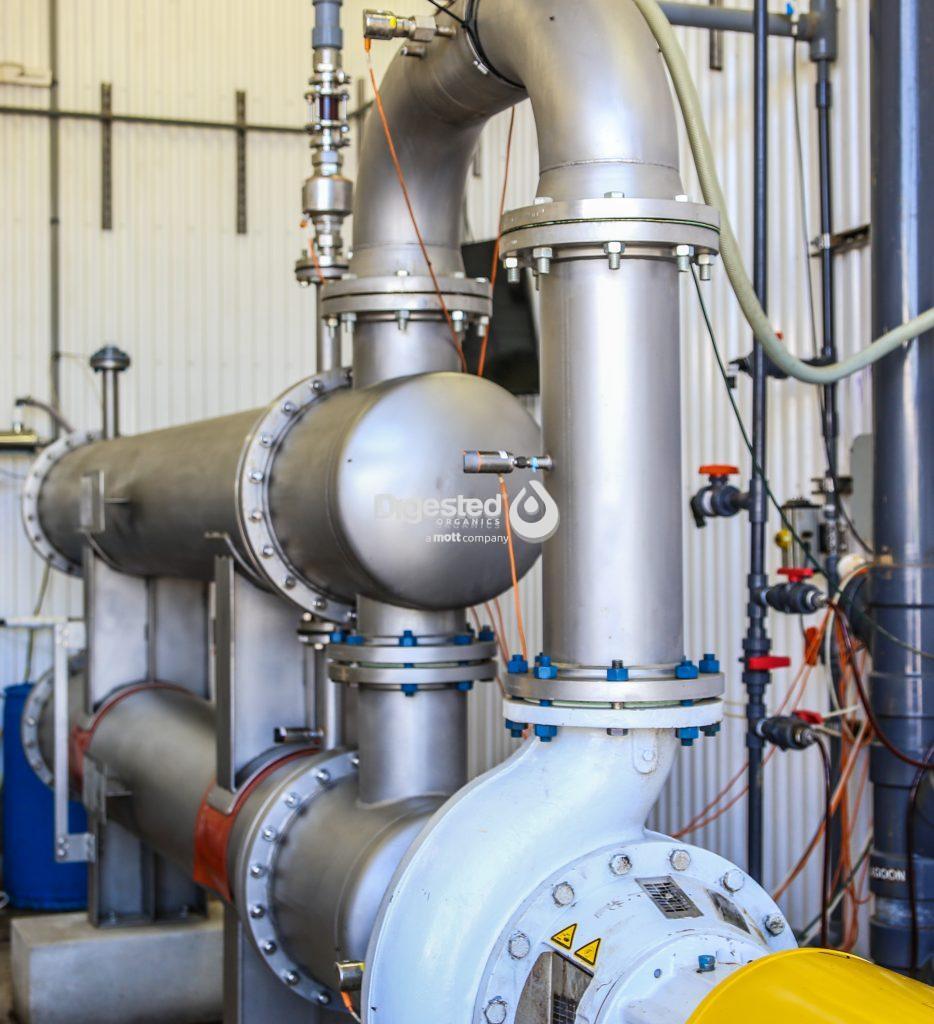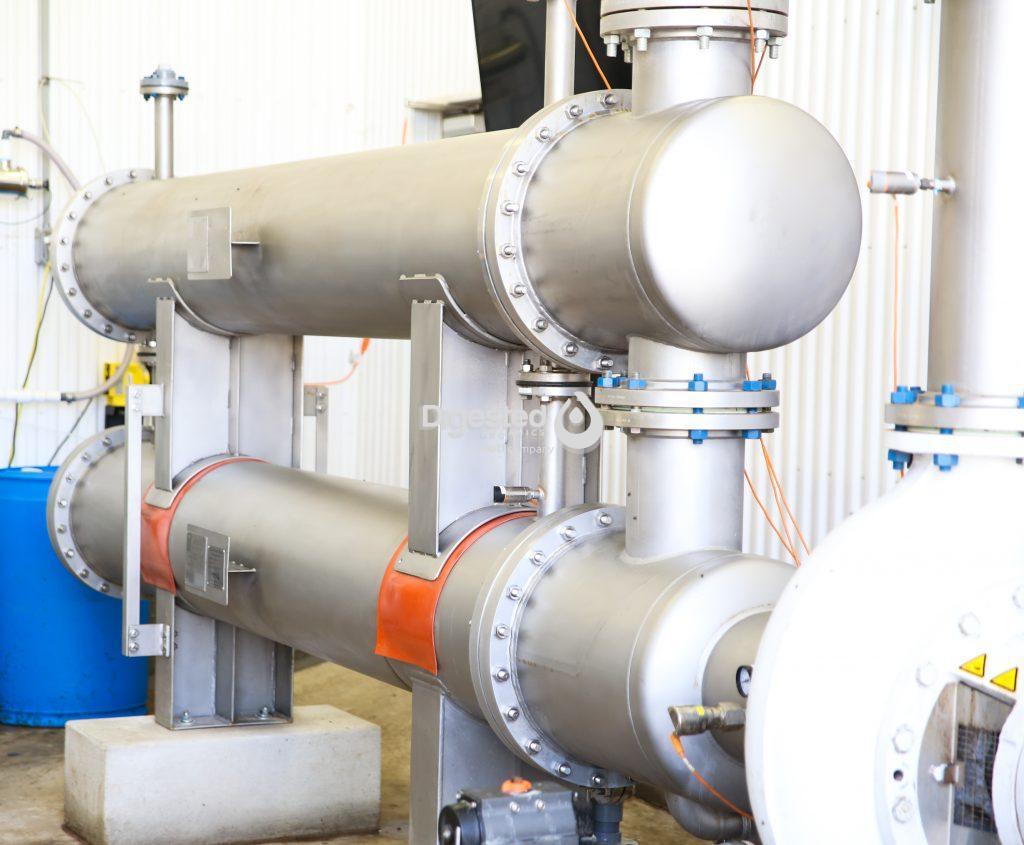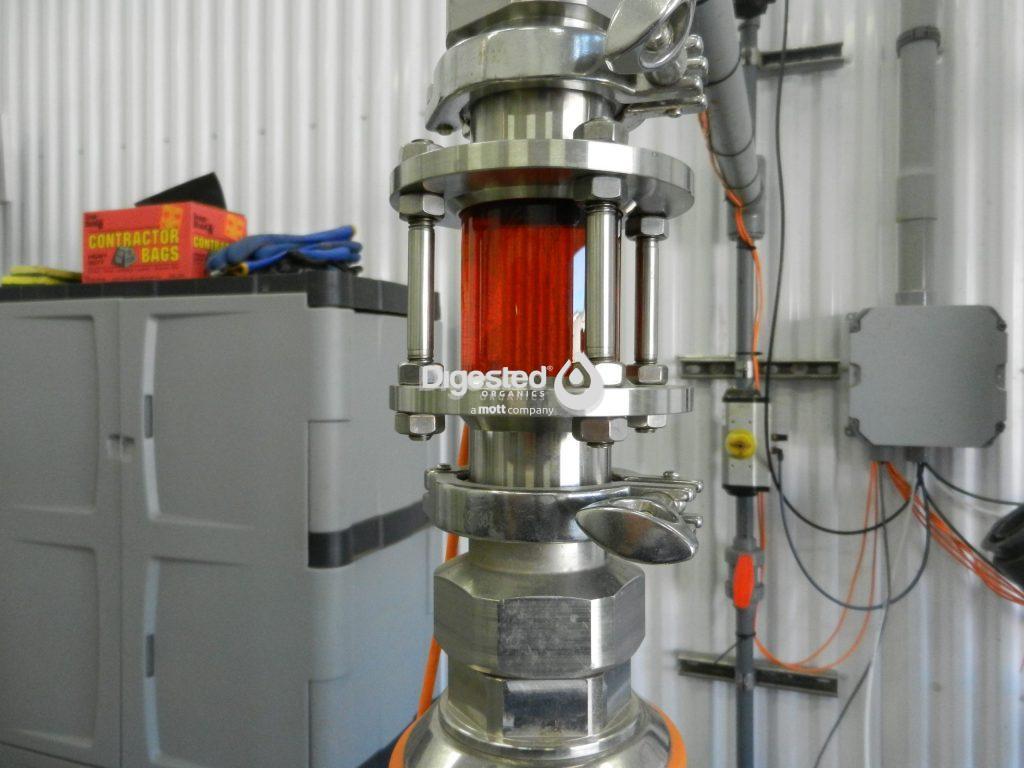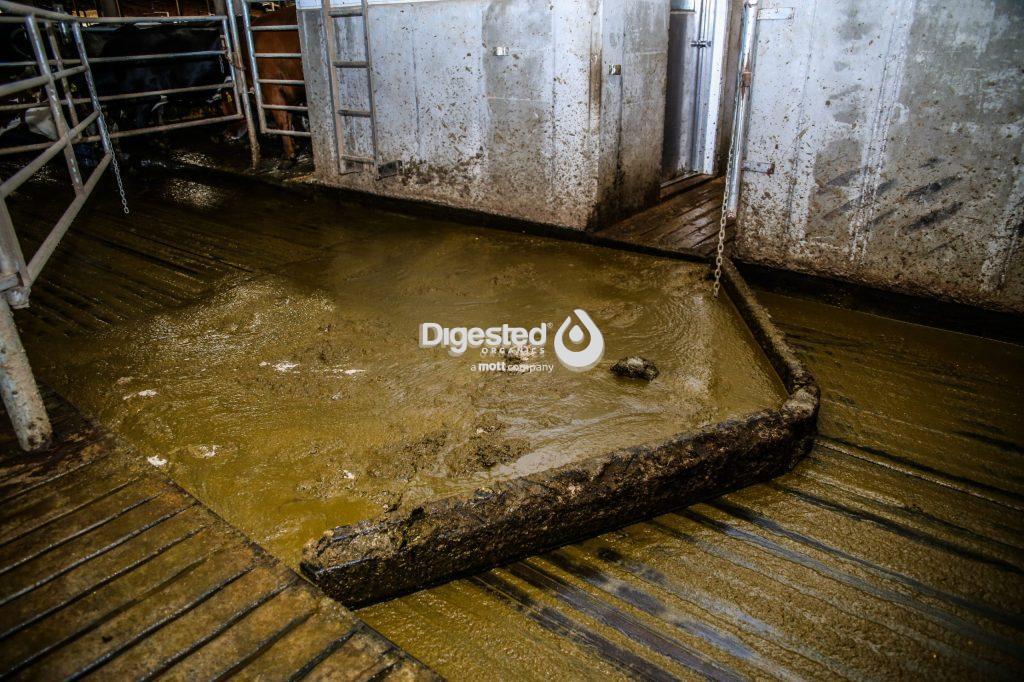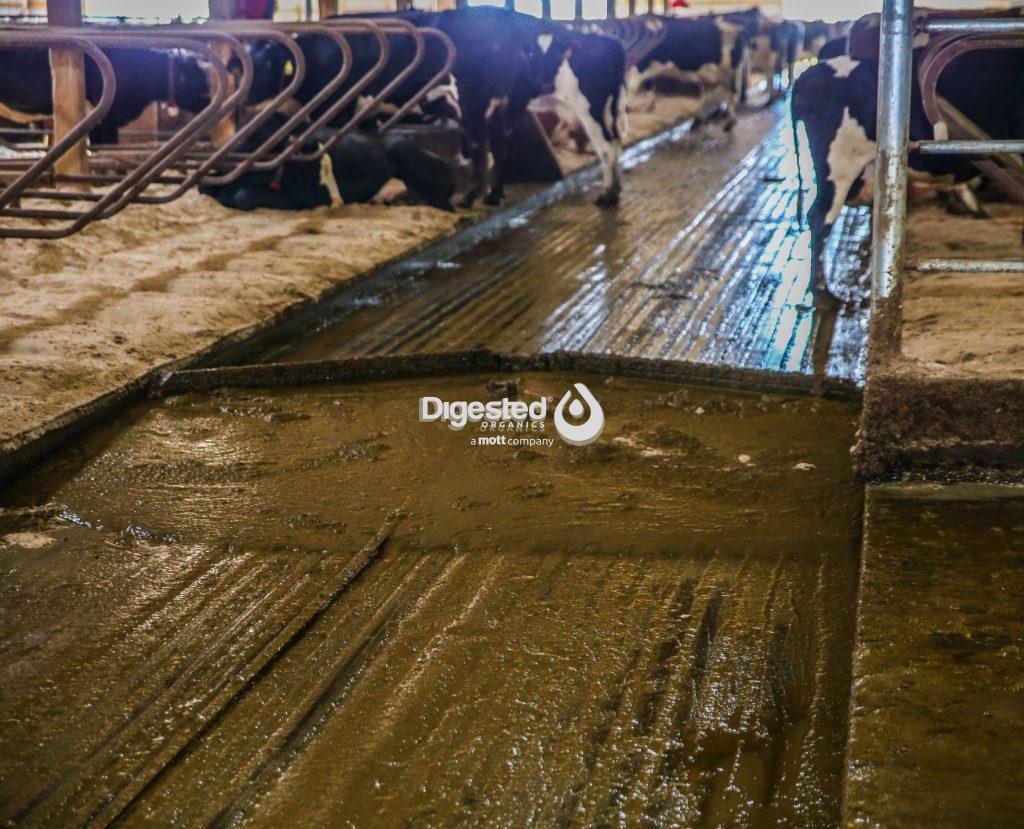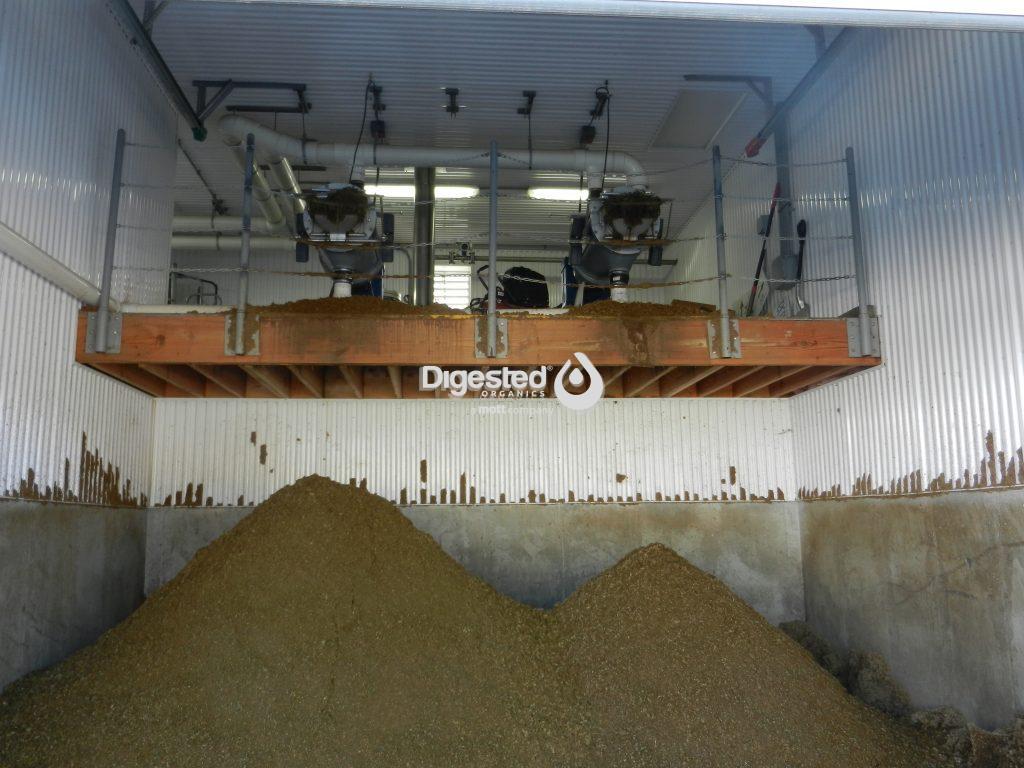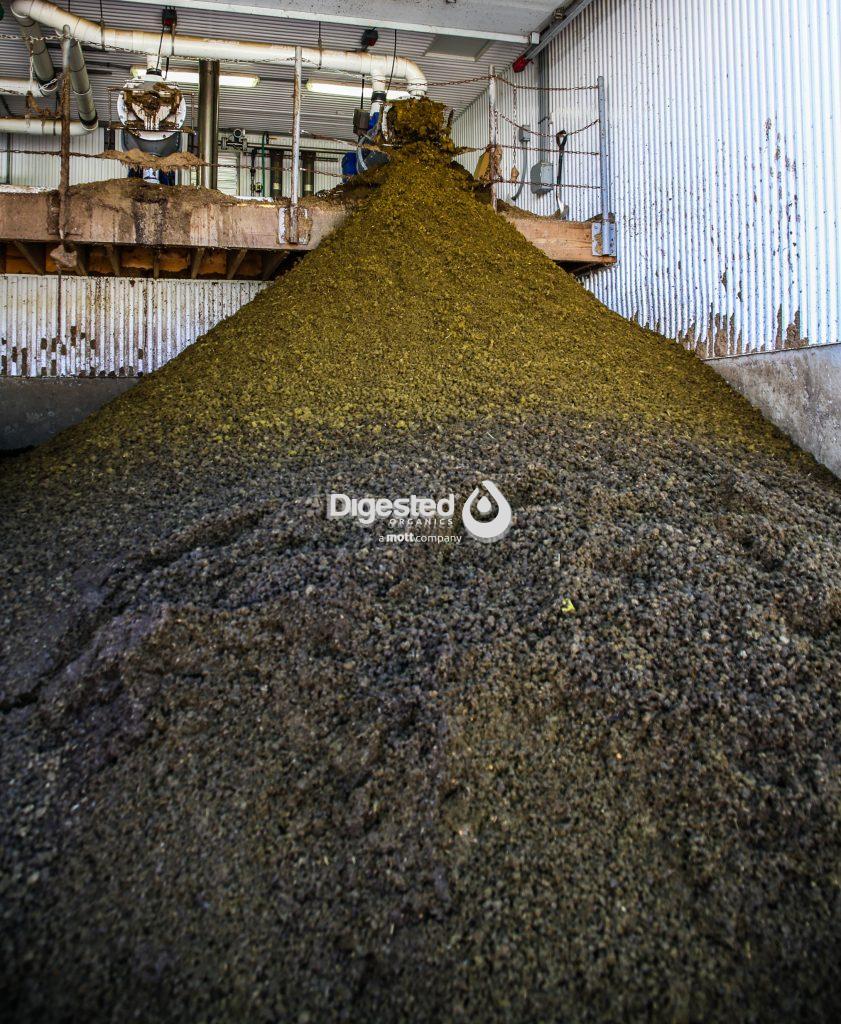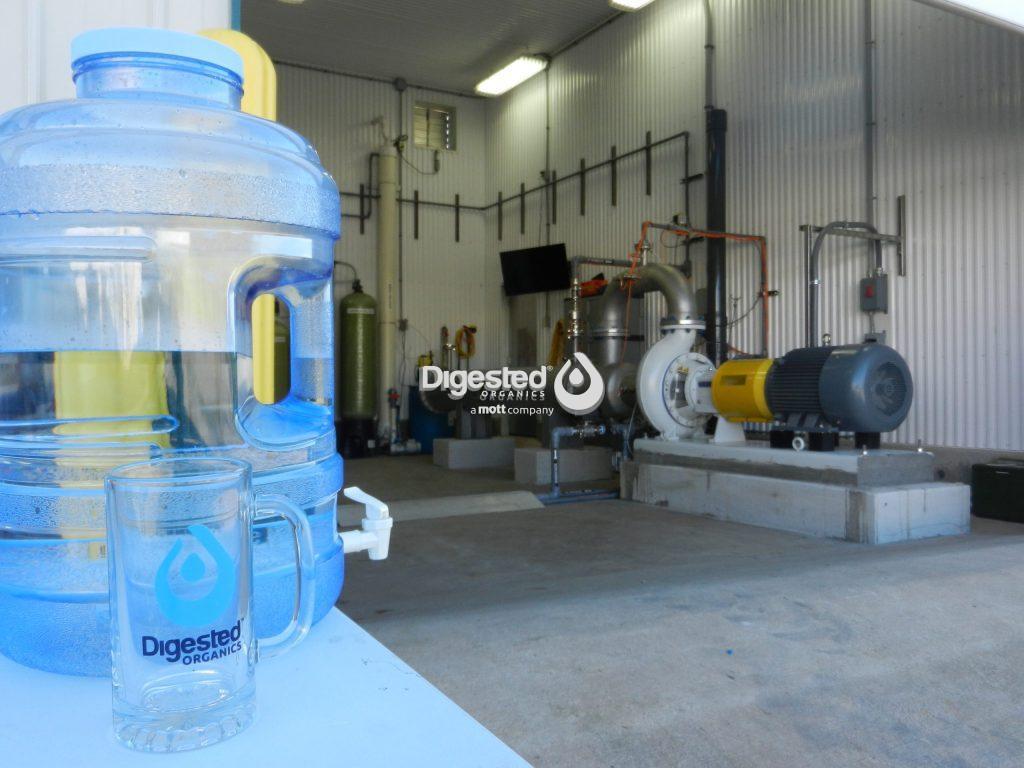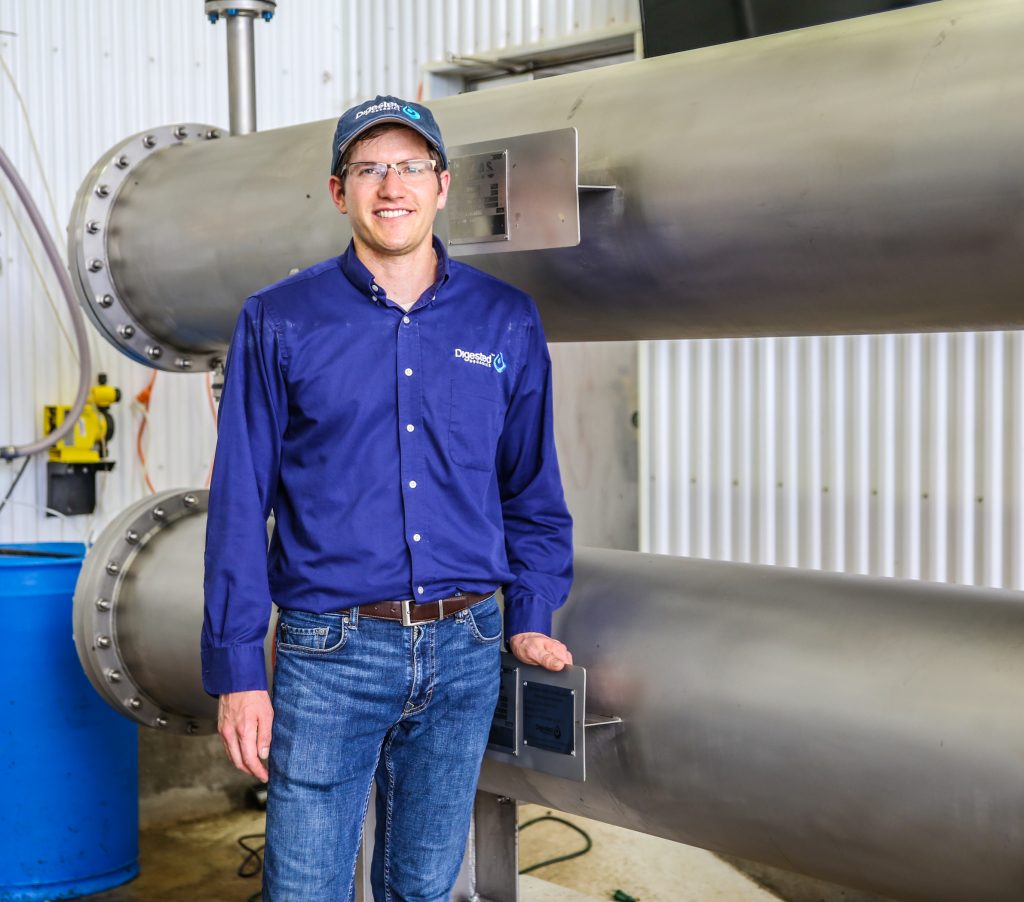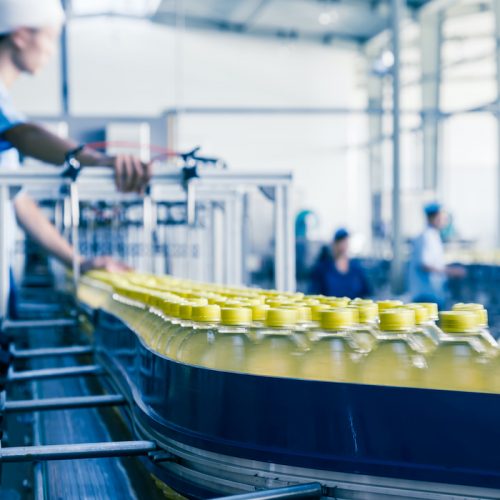
Sustainable Solutions
Embrace our eco-friendly approach to wastewater management that aligns with your company’s sustainability goals. Our systems are engineered to reduce Biological Oxygen Demand (BOD) and Total Suspended Solids (TSS), minimizing or eliminating sewer discharge surcharges.
Driving Sustainability and Cost Savings
- Cost Efficiency: Dramatically lower your wastewater disposal or treatment costs.
- Environmental Stewardship: Reduce freshwater consumption and enhance your corporate social responsibility profile.
- Innovation: Unlock the potential to create new co-products through advanced filtration, adding value to your business.
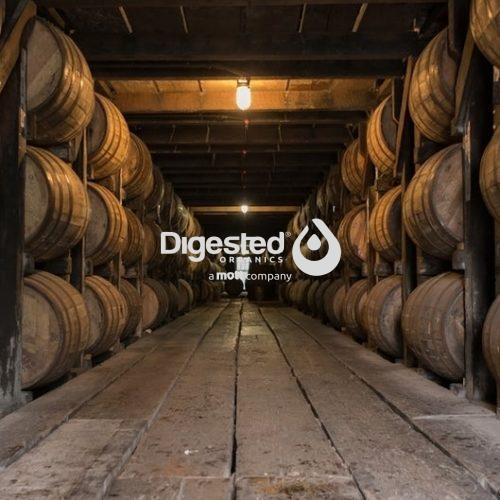
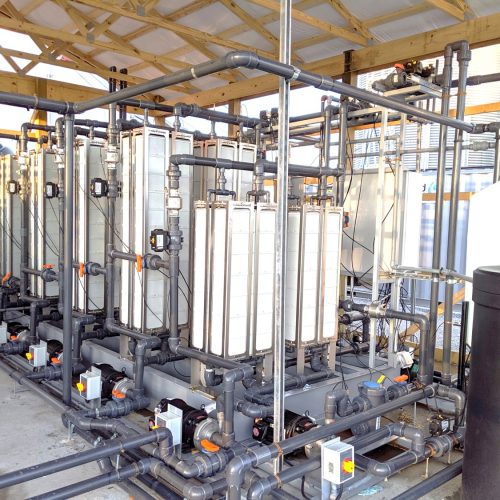
Advanced Systems for Wastewater Reclamation
- Spiral Brush: Ideal for wastewater clarification and suspended solids removal, enhancing the quality of food and beverage manufacturing wastewater.
- Superfiltration: A cutting-edge solution for separating valuable proteins and oils from process streams, improving sustainability.
- Reverse Osmosis: Offers high permeate recovery and separation of dissolved materials with low energy consumption, perfect for creating high-quality products suitable for reuse.
Your Partner in Environmental and Economic Success
Embracing Digested Organics’ solutions for your operations not only sets a new standard in wastewater treatment efficiency but also protects the environment and enhances your profitability. Our dedication to innovation and sustainability positions us as an ideal partner for the food and beverage industry’s wastewater management challenges. Together, we can redefine what it means to be sustainable, turning environmental stewardship into a significant advantage for your business, fostering growth, and securing a greener future.
Reference Articles
Fresh From the Blog
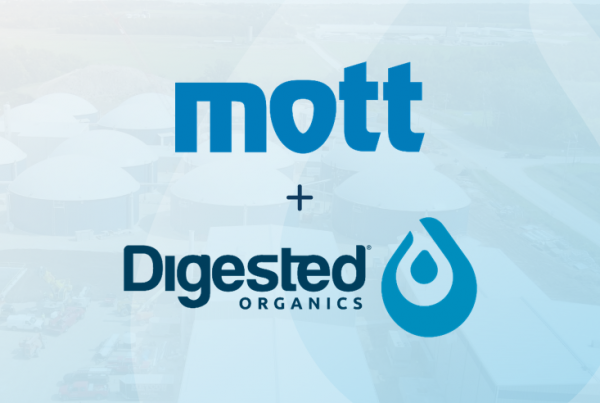
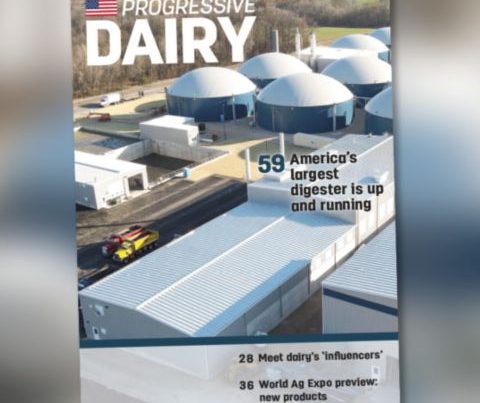
FAQs: Food and Beverage Wastewater Treatment
What is food and beverage wastewater treatment?
It refers to the process of treating wastewater generated from the food and beverage industry, aiming to remove contaminants and recover resources, ensuring the water is suitable for reuse or safe environmental discharge.
Why is wastewater treatment important for the food and beverage industry?
Effective treatment minimizes environmental impact, reduces disposal costs, complies with regulations, and supports sustainability initiatives by recycling water and recovering valuable byproducts.
How does Digested Organics' technology benefit the food and beverage industry?
Our technology offers cost-effective, efficient wastewater treatment solutions that reduce BOD, TSS, and other contaminants, enabling water reuse and aligning with sustainability goals.
Can Digested Organics' systems be customized for any size operation?
Yes, our systems are scalable and can be tailored to meet the specific needs of both small and large operations, ensuring optimal performance and cost-efficiency.
What are the environmental benefits of implementing these wastewater treatment solutions?
Benefits include reduced water consumption, minimized waste, lower greenhouse gas emissions, and the potential for zero liquid discharge, contributing significantly to environmental sustainability efforts.

